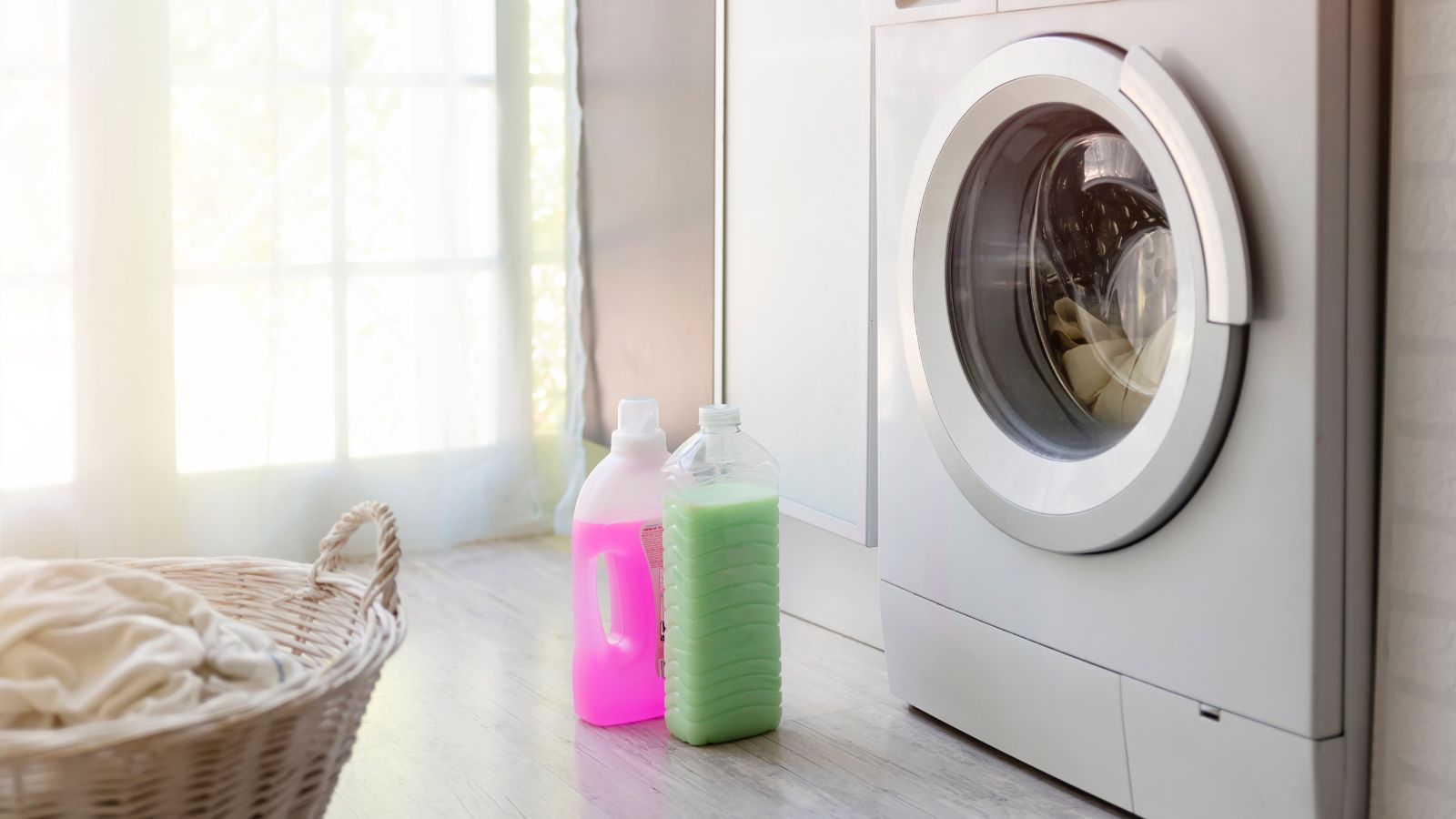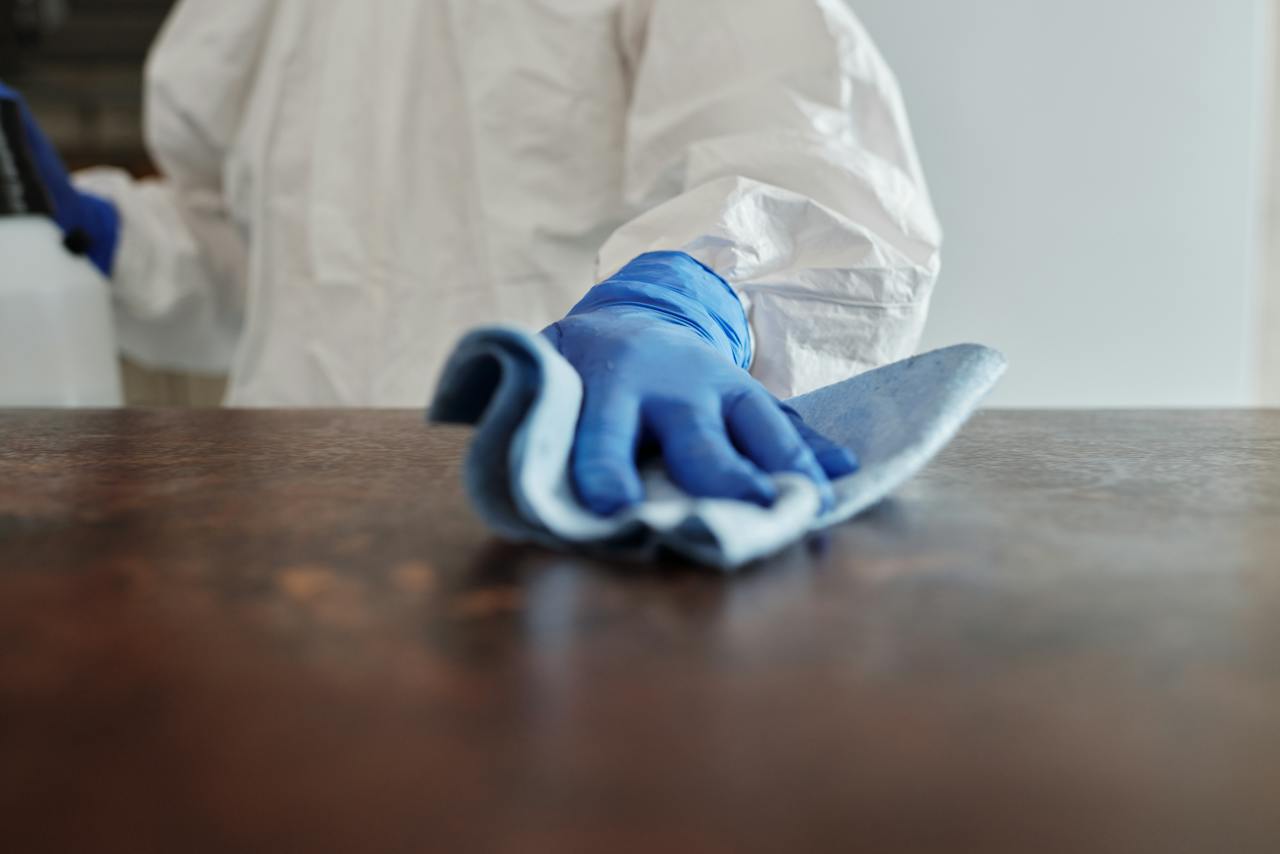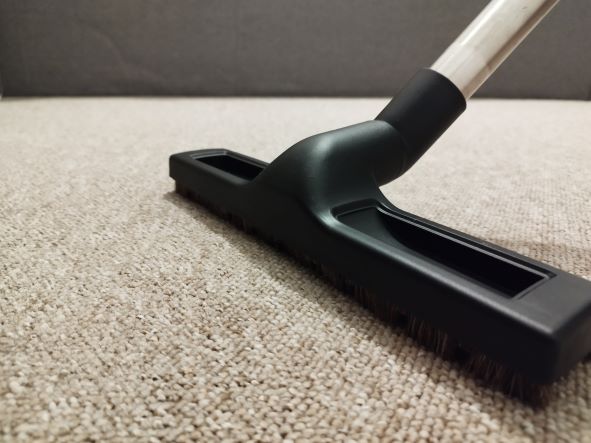No, you should not use washing up liquid in your washing machine. Washing up liquid, designed for washing dishes, contains strong surfactants that create excessive foam when used in a washing machine. This can lead to issues like machine overflow and damage.
Additionally, washing up liquid is not formulated for effective clothes cleaning, so your laundry may not come out as clean as expected. Instead, it’s best to stick to dedicated laundry detergents that are specifically designed for use in washing machines. If you ever run out of laundry detergent, consider using alternatives like baking soda or vinegar, as these are gentler on your washing machine and still provide effective cleaning.
What Are The Problems With Using Washing Up Liquid In A Washing Machine?
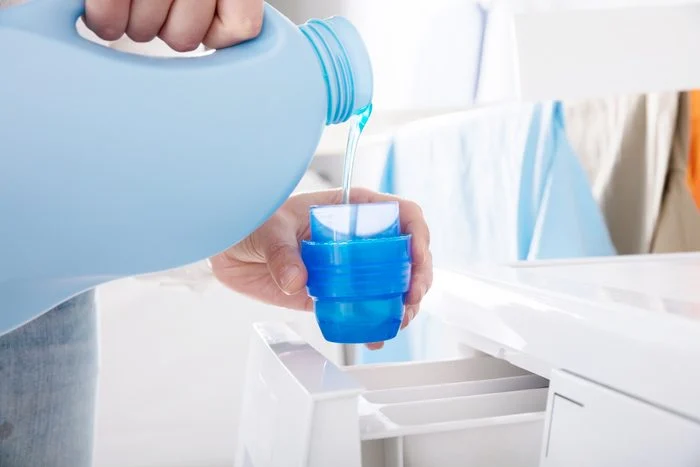
When you use washing up liquid in your washing machine, it can lead to a series of issues that can impact both the machine and your laundry.
Excessive Foaming
Foam Overload: Washing up liquid, designed for manual dishwashing, contains potent surfactants that are specifically formulated to create a lot of foam. When placed in a washing machine, this soap can produce an excessive amount of suds.
Machine Overflow: The overabundance of foam generated during the wash cycle can result in machine overflow. The foam can spill out of the machine, causing a mess in your laundry area. This overflow not only creates a cleaning challenge but can also pose a safety hazard.
Potential Machine Damage
Clogging Components: The dense foam created by washing up liquid can clog critical components within the washing machine, including pumps, hoses, and filters.
Reduced Efficiency: As these components become obstructed, the machine’s efficiency decreases. Longer washing times, improper rinsing, and incomplete draining can all result from these clogs.
Costly Repairs: If foam-related damage is not addressed promptly, it can lead to costly repairs and maintenance. Repairing or replacing clogged or damaged components can be an unwanted expense and inconvenience.
Ineffective Cleaning
Lack of Cleaning Power: Washing up liquid isn’t formulated for laundry purposes, and it may lack the cleaning power necessary to effectively remove stains, dirt, and odors from your clothes.
Underwhelming Results: When you use washing up liquid in your washing machine, it may lead to laundry that is not as clean and fresh as you expect. Stains and odors may persist, affecting the overall quality of your laundry.
Residue Buildup
Residue on Clothes: The ingredients in washing up liquid can leave behind residues on your clothes. These residues can affect the texture, appearance, and overall cleanliness of your garments.
Skin Irritations: Residues from washing up liquid can cause skin irritations or allergies when they come into contact with your skin, especially if not thoroughly rinsed out. This can lead to discomfort and allergic reactions.
Why Is It Important To Use Proper Laundry Detergents?
Using proper laundry detergents is of utmost importance for the effective and safe operation of your washing machine, as well as for ensuring the cleanliness and longevity of your clothing.
Maximizes Cleaning Performance
Proper laundry detergents are specially formulated to remove a wide range of stains and soils from your clothes. They contain enzymes and surfactants that effectively break down and lift away dirt and grime, leaving your laundry clean and fresh.
Prevents Excessive Foaming
Unlike washing-up liquid, dedicated laundry detergents are designed to produce minimal foaming in high-efficiency washing machines. This prevents issues such as machine overflow, damage, and reduced cleaning efficiency.
Preserves Fabric Quality
Laundry detergents are tailored to be gentle on fabric fibers while effectively cleaning them. Using the right detergent helps prevent wear and tear, color fading, and fabric damage, ensuring that your clothes last longer and maintain their quality.
Reduces Allergen Risks
Proper laundry detergents are often hypoallergenic and free from harsh chemicals. This reduces the risk of skin irritations and allergies, making them a safer choice for people with sensitive skin or allergies.
Extends the Lifespan of Your Washing Machine
The right detergent helps maintain your washing machine’s components and functionality. It reduces the risk of clogs, malfunctions, and costly repairs, ultimately extending the lifespan of your appliance.
Environmentally Friendly
Many laundry detergents are now designed to be more environmentally friendly, using biodegradable ingredients and eco-friendly packaging. This choice contributes to a greener and more sustainable laundry routine.
What Can You Use As An Alternative To Laundry Detergent In An Emergency?
In emergency situations where you run out of laundry detergent, there are several alternatives you can use to get your laundry done effectively
Baking Soda: Baking soda is a versatile and gentle cleaning agent that can help remove odors and stains from your clothes. Add 1/2 to 1 cup of baking soda to your laundry load as a substitute for detergent.
White Vinegar: White vinegar is another excellent alternative. It can help break down stains, soften fabrics, and act as a natural deodorizer. Use about 1/2 to 1 cup of white vinegar in place of detergent.
Castile Soap: Castile soap is a mild, plant-based soap that can be used for laundry. Mix a few tablespoons of liquid Castile soap with water and add it to your washing machine as a detergent substitute.
Shampoo or Body Wash: In a pinch, you can use a small amount of mild shampoo or body wash to clean your clothes. Make sure it’s a gentle, unscented variety.
Hand Soap: Liquid hand soap can be diluted with water and used as a makeshift laundry detergent in an emergency. Ensure it’s free from harsh additives.
Dish Soap (sparingly): While not ideal, a tiny amount of mild dish soap can be used as a last resort. Use it sparingly to avoid excessive foaming.
Unscented Bar Soap: Grate an unscented bar soap and dissolve it in hot water to create a soapy solution. This can be added to your laundry as an emergency detergent.
Epsom Salt: Epsom salt can be used to soften water and improve the cleaning ability of other substitutes. Add a few tablespoons to your laundry load along with another alternative.
How Can You Properly Maintain Your Washing Machine To Prevent Damage?
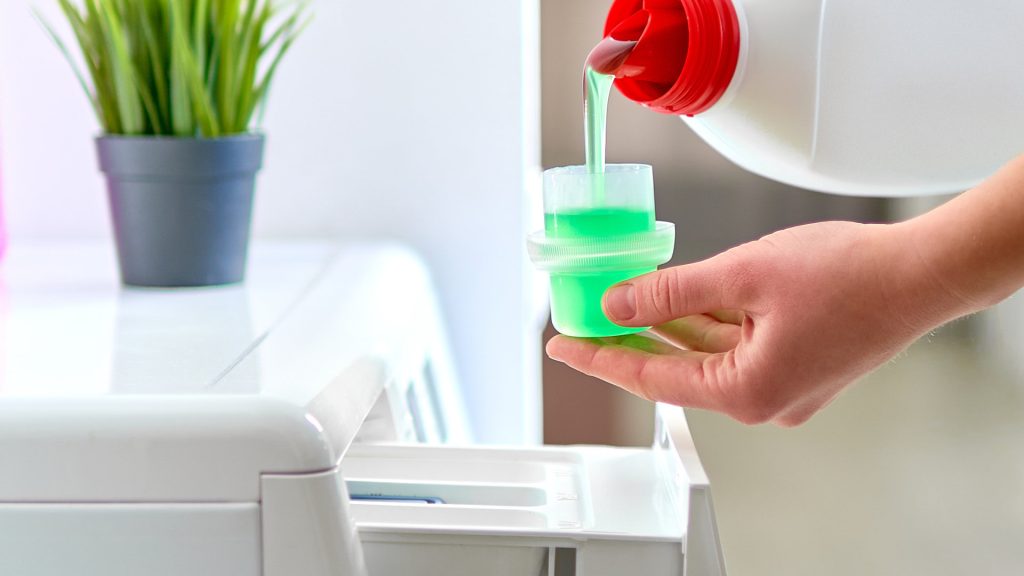
Properly maintaining your washing machine is essential to prevent damage and extend its lifespan. If you need any help to repair or something like that, you can go for washing machine repair London to your job done.
- Regular Cleaning: Clean the drum and door gaskets regularly to prevent mold and mildew buildup. Use a damp cloth or a mixture of vinegar and water.
- Check Hoses: Inspect the water inlet and drainage hoses for signs of wear, leaks, or blockages. Replace them if needed.
- Level the Machine: Ensure that your washing machine is level and balanced. Adjust the leveling feet if necessary to prevent excess vibration during the spin cycle.
- Use the Right Detergent: Use high-efficiency (HE) detergent for front-loading machines and the recommended amount to prevent soap scum and clogs.
- Empty Pockets: Check clothing pockets to remove any items that could damage the drum or pump.
- Leave the Door slightly open: After each use, leave the door slightly open to allow the drum to dry and prevent mold growth.
- Clean the Filter: Front-loading machines have a filter that may need periodic cleaning to prevent blockages.
- Don’t Overload: Avoid overloading the machine, as it can strain the motor and other components.
- Inspect Seals: Regularly check the door seal for tears or damage and replace it if necessary.
- Routine Maintenance: Consider scheduling professional maintenance checks to address any hidden issues and keep your machine running smoothly.
FAQ
Can I use shampoo in a washing machine?
You can. But using shampoo in a washing machine isn’t recommended. Shampoo may create excessive suds and leave residues on clothes.
What are the 3 ingredient homemade laundry detergent?
A simple three-ingredient homemade laundry detergent includes washing soda, borax, and a bar of soap. Mix them for a cost-effective solution.
Can I use dish soap for laundry?
Yes, you can. But using dish soap for laundry isn’t ideal. It can lead to overfoaming and damage your washing machine.
What is a natural laundry detergent?
A natural laundry detergent is free of harsh chemicals and artificial fragrances. Look for options labeled “natural” or “eco-friendly.”
How do you wash clothes naturally?
To wash clothes naturally, use eco-friendly detergents, cold water, and consider air-drying. Avoid chemical-heavy products.
What is the most eco-friendly laundry detergent?
Eco-friendly laundry detergents are formulated to have minimal environmental impact. Look for detergents with biodegradable ingredients and eco certifications.
Can you make your own laundry detergent?
Yes, you can make your own laundry detergent with simple ingredients like washing soda, borax, and soap. Many DIY recipes are available online.
What is the most gentle washing detergent?
Gentle washing detergents are formulated for sensitive skin. Look for hypoallergenic and fragrance-free options.
Is powder detergent better than liquid?
Both powder and liquid detergents have their advantages. Powder is more eco-friendly, while liquid may dissolve better in cold water. The choice depends on your needs.
Final words
In conclusion, using washing up liquid in your washing machine is not a recommended practice. It can lead to unwanted consequences, such as excessive foaming, potential machine damage, and ineffective cleaning. To ensure the longevity of your washing machine and the cleanliness of your clothes, it’s best to stick to dedicated laundry detergents designed for use in these appliances.
In times of detergent shortage, you can decide on safer alternatives like baking soda or vinegar, which will not harm your machine. Prioritizing the well-being of your washing machine and the effectiveness of your laundry routine is the key to a smoother and long-lasting laundry experience.







